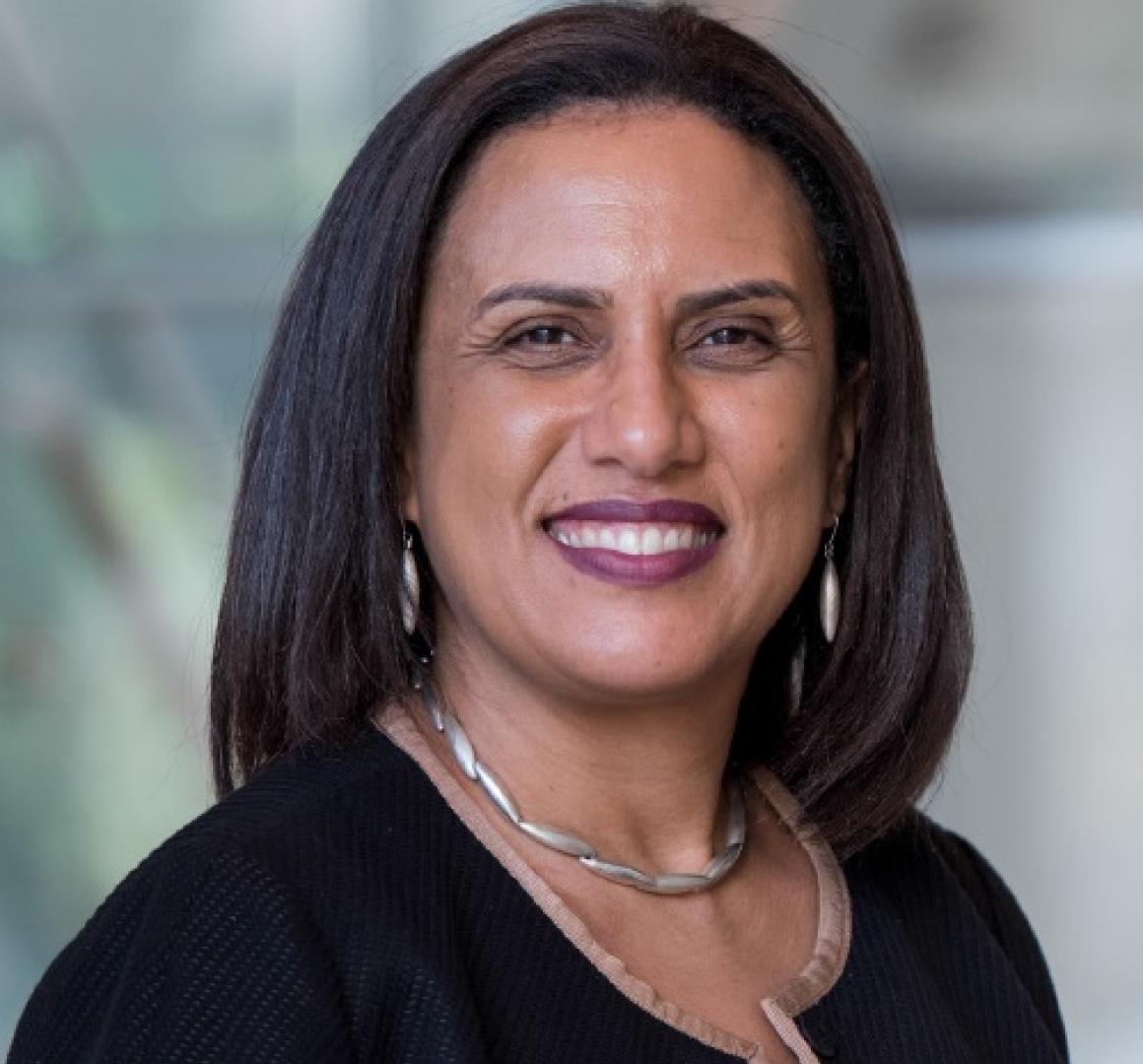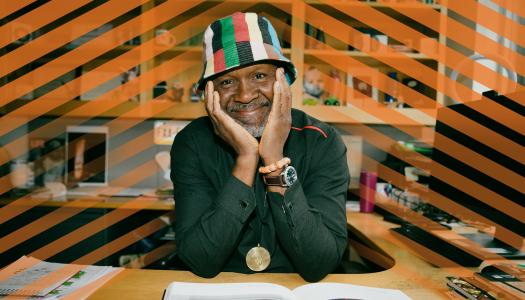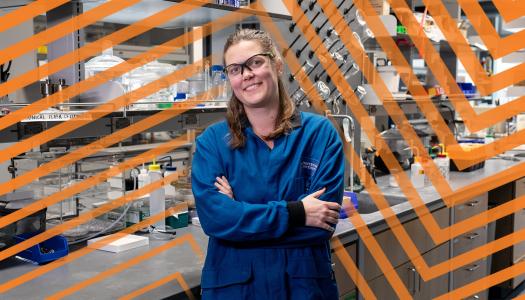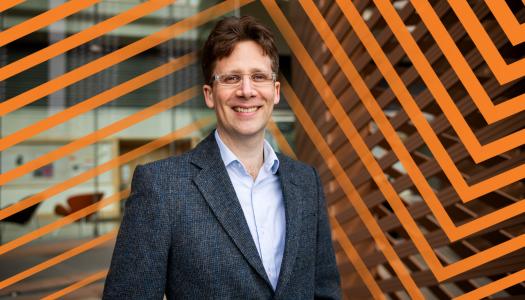Forward Fest discussion on bioengineering hosted by Kirsten Bibbins-Domingo ’87

The March 18 Forward Fest, the University’s monthly online series of discussions with Princeton’s leading thinkers, explored the growing science of bioengineering. At the intersection of engineering and the life sciences, the interdisciplinary field is the application of engineering analysis, design principles and technologies to unlock the secrets of complex biological systems, with unlimited potential for positive impact on health, medicine and quality of life.
“Black holes, quasars, supercomputers — nothing can compete with the complexity of even the most basic bacterial cell,” said Cliff Brangwynne, the June K. Wu ’92 Professor of Chemical and Biological Engineering and the director of the Princeton Bioengineering Initiative. “The cell is like a universe. Any place you point to with a very fine needle, you could spend a lifetime studying it.”
Brangwynne joined Kirsten Bibbins-Domingo ’87, University Trustee and vice dean for population health and health equity at the University of California San Francisco School of Medicine, who moderated the “Thinking Forward Bioengineering” session. The online discussion also featured José Avalos, assistant professor of chemical and biological engineering and the Andlinger Center for Energy and the Environment; Celeste Nelson, Wilke Family Professor in Bioengineering and the director of the Program in Engineering Biology; and Ben Raphael, professor of computer science.
A general internist and cardiovascular epidemiologist, Bibbins-Domingo studies observational epidemiology, pragmatic trials and simulation modeling to examine clinical and public health approaches to prevention.
Avalos is researching ways that microorganisms can be infused with desirable traits to address challenging problems in sustainable energy, human health, sustainable manufacturing and the environment. His team is collaborating on a project that seeks to engineer synthetic condensates that help turn yeast cells into chemical factories, potentially leading to the production of advanced biofuels.
Combining expertise from the cell biology, developmental biology and engineering communities, Nelson leads a group that develops tools and models that mimic tissue development, enabling rigorous quantitative analysis and computational predictions of the dynamics of morphogenesis — the developmental process that builds the lungs, kidneys and mammary glands.
Raphael studies cancer biology by identifying and interpreting alterations in genomes, reconstructing tumor evolution, and discovering novel therapeutic interventions. Using sophisticated algorithms to explore regions of the genome whose roles in cancer have been largely uncharted, Raphael and an international team of researchers opened the door to a new understanding of the disease’s genetic origins and how to track it throughout the body.
Forward Fest can be viewed on demand at the University’s YouTube channel. To see the resource guides for March and all previous Forward Fests, as well as stories from A Year of Forward Thinking, go to forwardthinking.princeton.edu.


